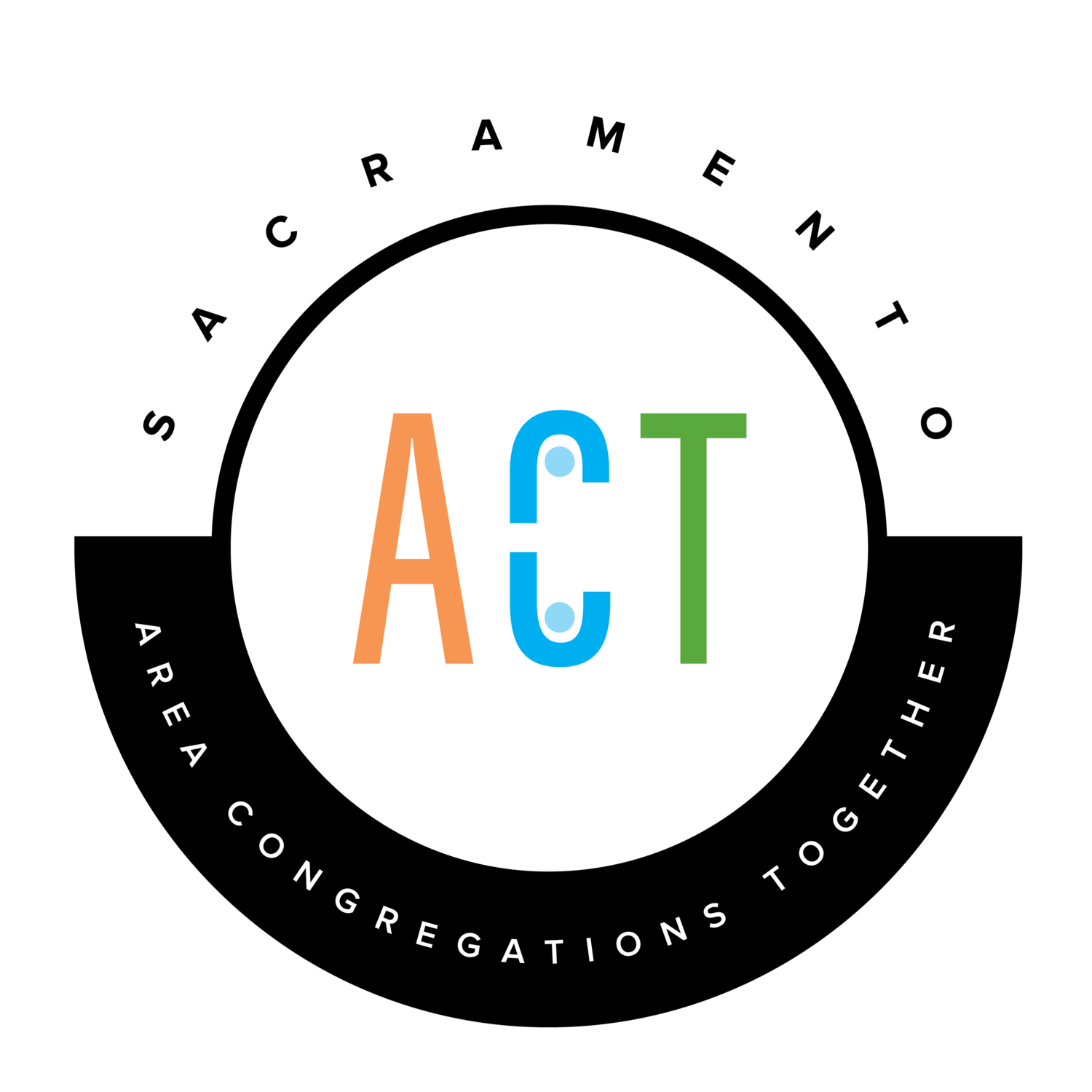BY ANITA CHABRIA AND RYAN LILLIS
December 01, 2017 04:00 AM
Updated December 02, 2017 08:03 AM
City leaders are days away from signing a deal to bring a controversial gun violence reduction program to Sacramento, making the capital city a testing ground to see if the novel approach can be successfully replicated outside of Richmond, Calif., where it began.
The program, Advance Peace, targets a small number of people – usually young men of color – who have been identified by law enforcement and community members as most likely to commit gun violence, but whom police have been unable to arrest. These men are paired with mentors, often reformed felons with similar backgrounds as the participants, for intensive interventions over the course of an 18-month “fellowship” program meant to provide alternatives to criminal lifestyles.
In Sacramento, the program is expected to initially target about 50 participants in neighborhoods across the city, “shooters” who are suspected of committing gun crimes or have been victims of retaliatory gang gun violence.
Advance Peace has been heavily criticized in Sacramento and nationwide as an attempt to pay criminals to not commit crimes because some fellows may qualify for a stipend of up to $9,000 during their participation for meeting goals such as completing parenting classes or obtaining a GED.
Both Sacramento County Sheriff Scott Jones and District Attorney Anne Marie Schubert have expressed skepticism of Advance Peace. Sacramento police chief Daniel Hahn has said he is open to working with the program.
Sacramento Mayor Darrell Steinberg and Vice Mayor Rick Jennings have strongly championed the program, as have community leaders in Sacramento neighborhoods most affected by gun violence.
“We have an opportunity to change the arc of gang and gun violence in our community,” Steinberg said. “I have many hopes, including that the lives of many gang members will be redeemed, but I have one clear expectation as mayor and that is that many lives will be saved because this investment will reduce gun violence. That’s what it’s really about.”
The four-year contract would give the city the option of withdrawing after two years if the city is not satisfied with the results. Advance Peace has also committed to matching the $1.5 million city investment.
“I’m not looking for signs of failure, I’m looking for signs of success,” the mayor said. “We need to be in this for the long haul. I know there are critics, but the more traditional methods of intervention aren’t exactly working.”
The Sacramento City Council unanimously voted to approve a contract with Advance Peace in late August, but negotiations to finalize the deal had stalled out over such details as how long the city would commit to the program. Advance Peace wanted a four-year commitment while some city leaders wanted the ability to cancel it earlier.
After a meeting between Advance Peace and city leaders including Steinberg and city manager Howard Chan on Wednesday, the contract issues were largely resolved, said both Chan and Advance Peace head DeVone Boggan.
“We have an agreement in principal,” said Chan. “I am looking forward to bringing Advance Peace to Sacramento because it is another tool in our arsenal to address gun violence.”
Chan said he expected to formally sign a contract in the coming week.
“We reached some agreements that we all shook hands on,” said Boggan. “Now it’s just working out the details.”
Boggan said Advance Peace had agreed to a two-year commitment, with the provision that once a group of fellows begins the program, the city will allow that group to finish. He and the city also agreed to a series of benchmark goals to evaluate the program, he said, including measures of gun violence reduction.
